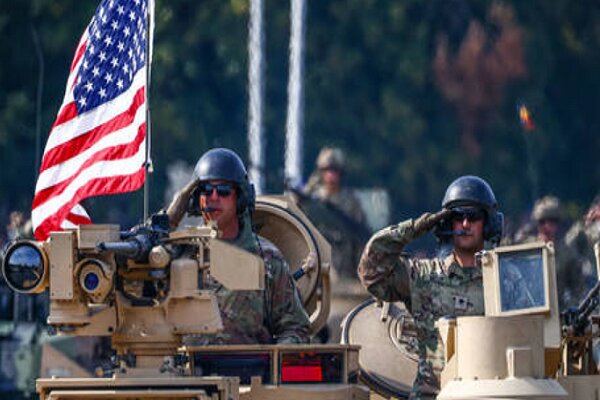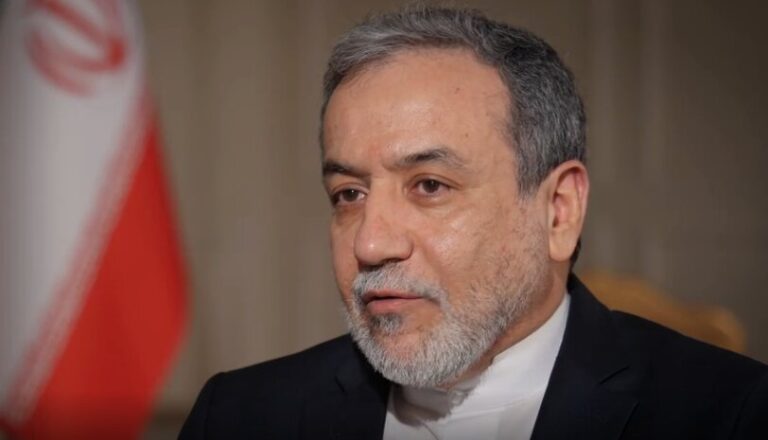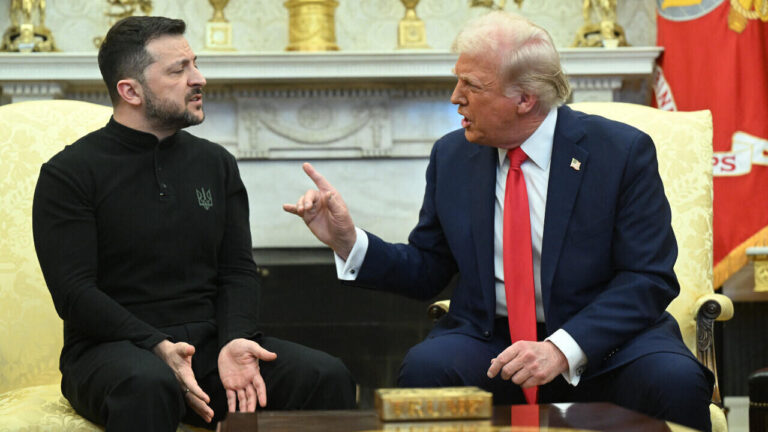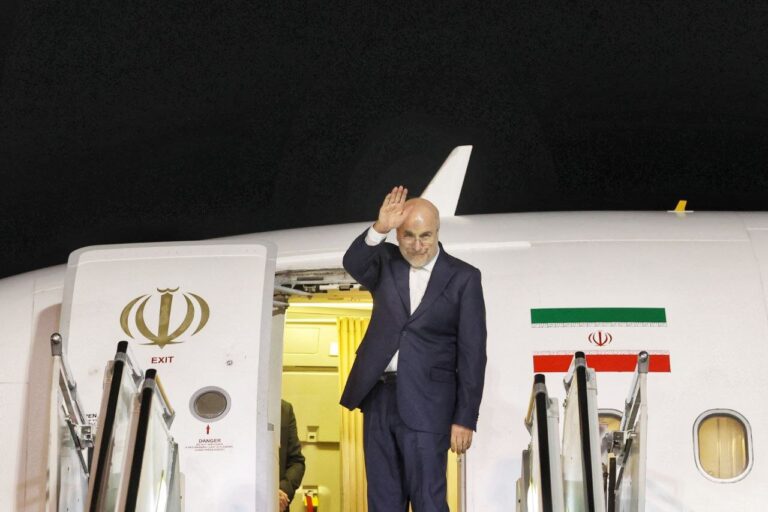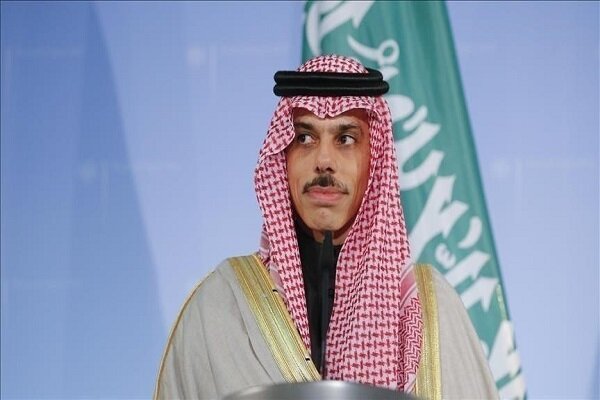US Poised for Major Troop Pullout from Europe: What It Means for Global Security
In a significant development regarding U.S. military presence in Europe, Vice President Vance is actively participating in an event that runs through Sunday. His recent remarks have sparked discussions about the shifting dynamics of international security and the role of European leaders in the post-Cold War era.
During his address, Vance expressed concerns about the uncertainties surrounding the outcomes for some of the “Cold War’s winners.” This commentary highlights a growing sentiment among political figures about the need for clarity and action in European security matters.
Adding to the dialogue, Heusgen, in an interview with German Radio (Deutschlandfunk), made a bold prediction: “today the American Vice President will announce that a large part of the American troops will be withdrawn from Europe.” His statement reflects the ongoing discussions about the future of U.S. military engagement on the continent.
The context behind Heusgen’s comments stems from recent media reports indicating that U.S. President Donald Trump is contemplating a reduction of American military personnel in Europe by approximately 20%, which translates to around 20,000 troops. This potential drawdown is part of a broader review of Washington’s commitment to European security and defense.
This week has marked a notable policy shift from the Trump administration, signaling a new direction in U.S.-European relations. The administration is urging European nations to take more responsibility for their own defense mechanisms. Here are some key points regarding this shift:
- Troop Withdrawal: A substantial reduction in U.S. troops stationed in Europe could alter the strategic landscape of transatlantic defense.
- European Security Leadership: The U.S. is advocating for European countries to lead their own security initiatives, which may change the dynamics of NATO cooperation.
- Implications for Ukraine: There are calls for Europe to enhance its support for Ukraine amid ongoing tensions with Russia, further emphasizing the need for European-led security strategies.
As discussions continue, the implications of these potential changes are profound. European leaders must consider how to adapt to a scenario where they bear greater responsibility for their security.
Moreover, Vance’s critical remarks about European leaders serve as a reminder of the complexities involved in international relations. The post-Cold War era has brought about numerous challenges, and the current geopolitical climate necessitates a reassessment of alliances and strategic partnerships.
In summary, Vice President Vance’s presence at the event and the discussions surrounding troop withdrawals signal a pivotal moment for U.S.-European relations. The call for Europe to take the reins in its own defense could reshape the future of NATO and the security architecture of the continent.
As the situation evolves, it will be essential for both American and European leaders to engage in constructive dialogue and strategic planning to address the changing landscape of international security effectively.
In conclusion, the anticipated announcements regarding troop reductions and the call for enhanced European security leadership highlight a significant shift in U.S. foreign policy. This development could redefine the nature of transatlantic relations and the responsibilities that European nations hold in ensuring their own security.
